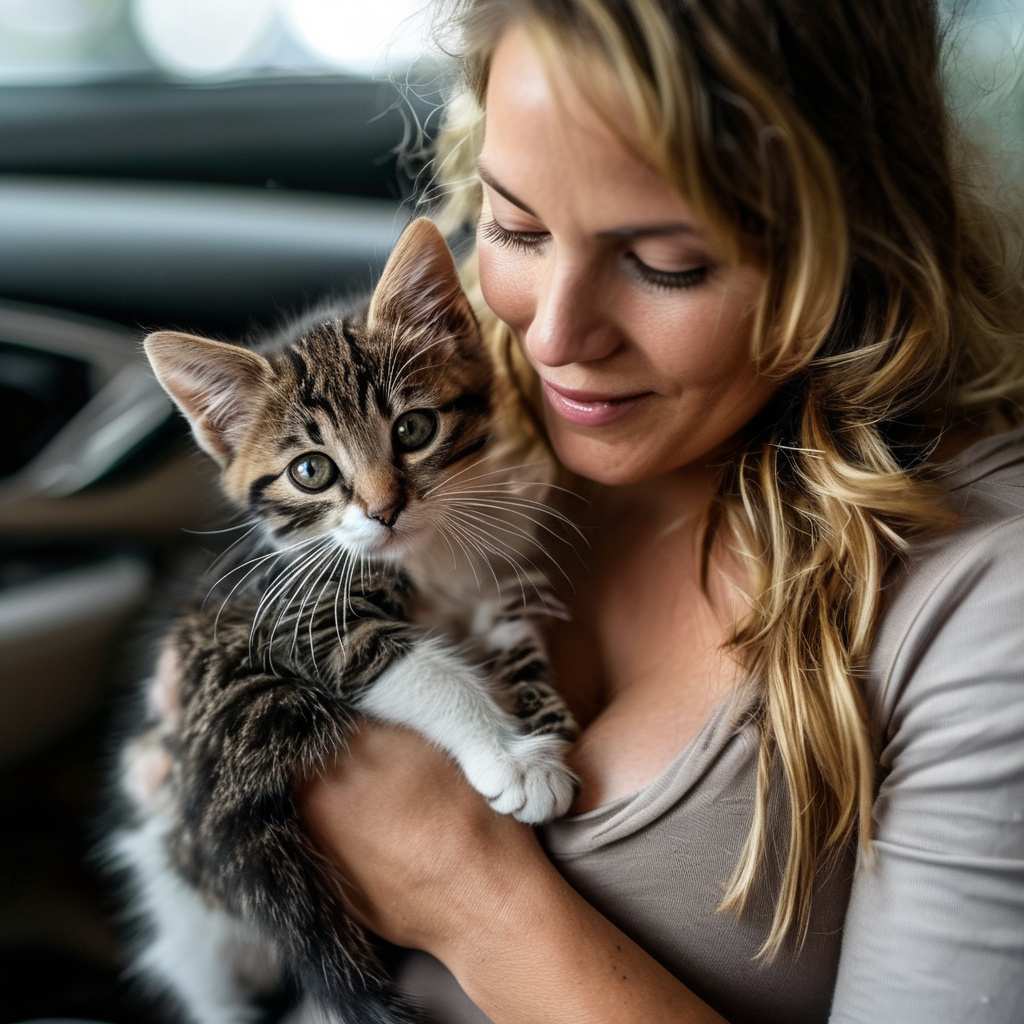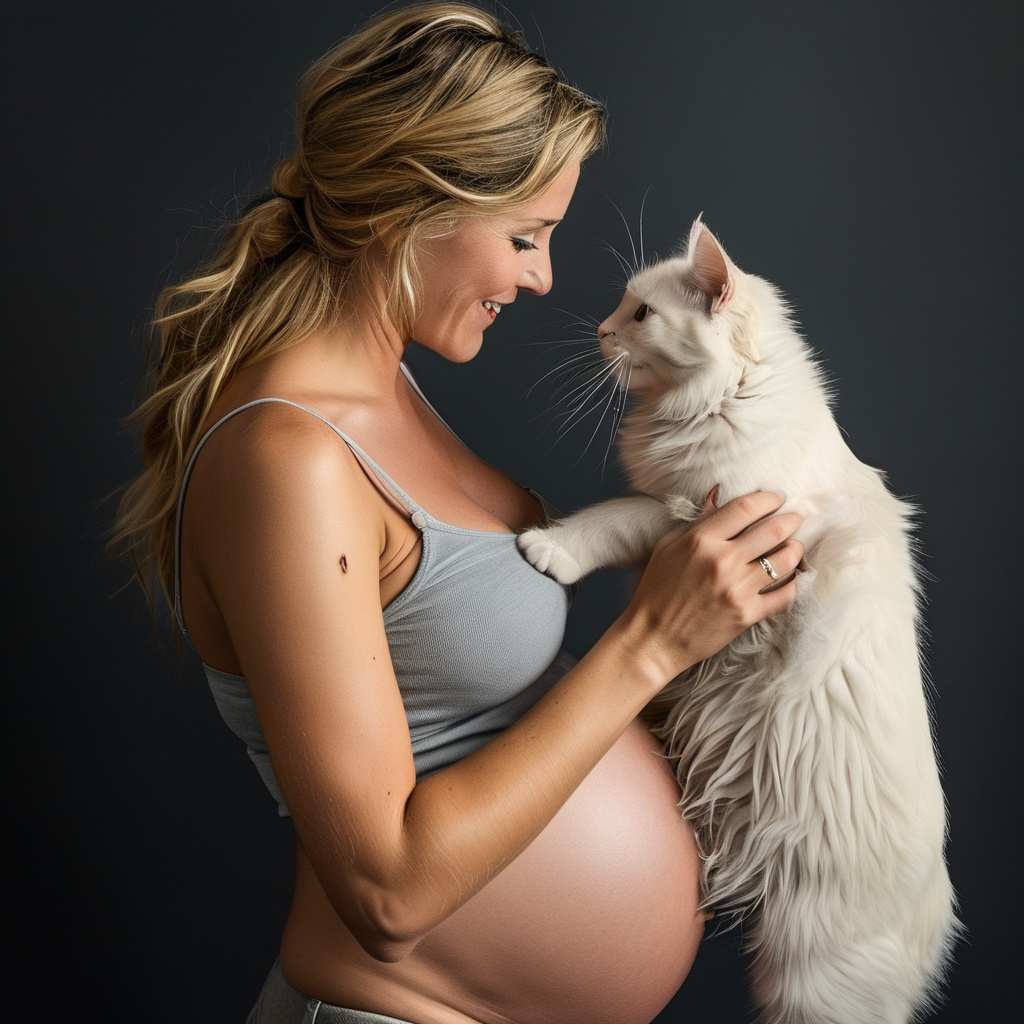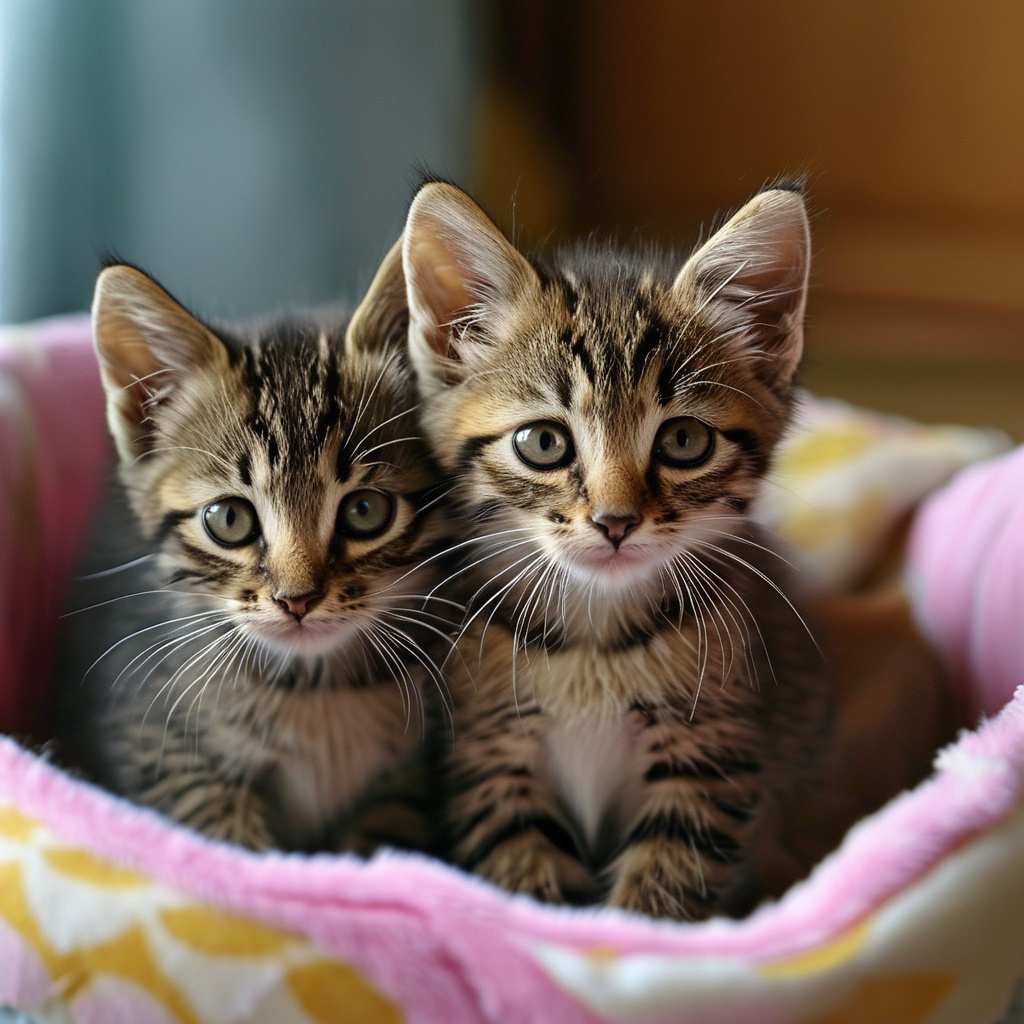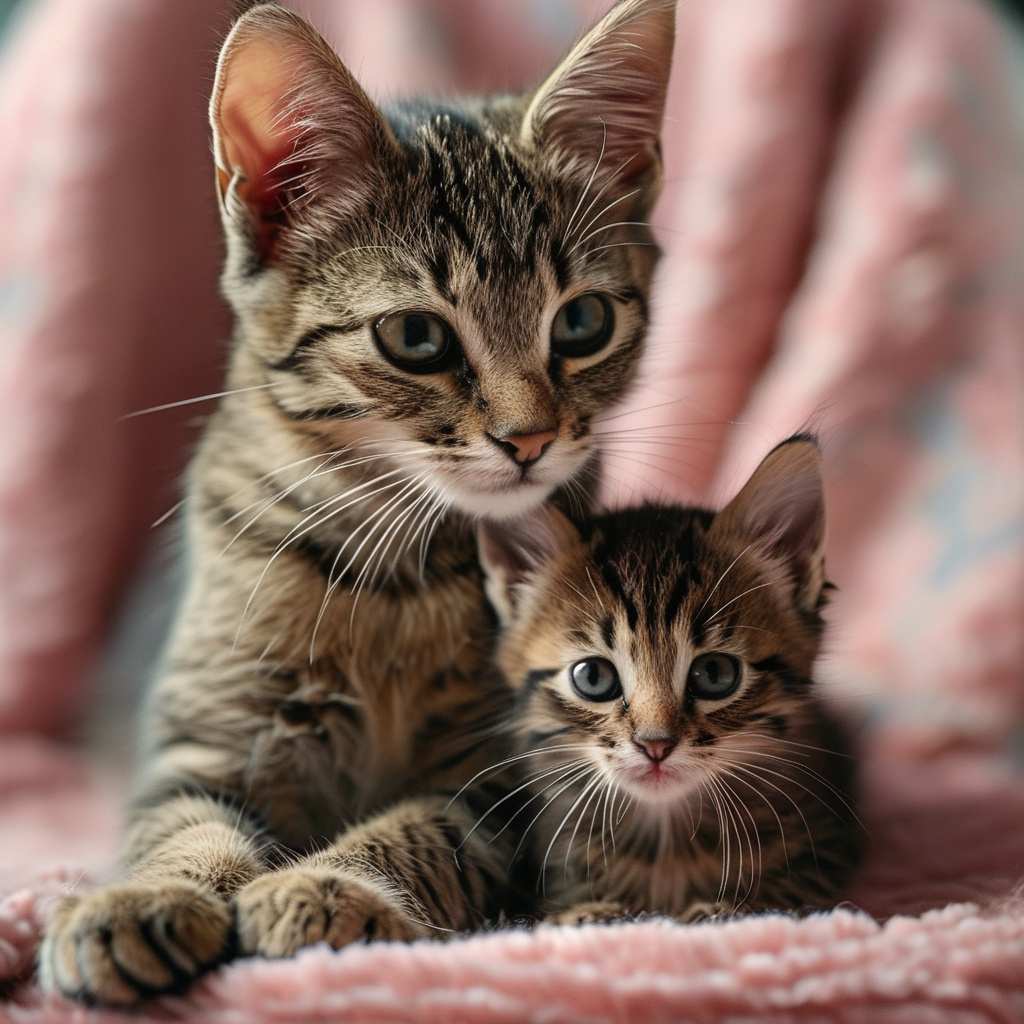 Introduction:
Introduction:
Pregnancy is a significant and delicate time in a cat’s life, and providing the right care can ensure a safe and happy experience for both the mother and her kittens. A pregnant cat’s needs change, from nutritional adjustments to ensuring a safe, comfortable environment. Understanding the physiology of a cat’s pregnancy, recognizing the signs of gestation, and providing proper diet and exercise are essential to supporting a healthy birth. This guide outlines key factors any cat caregiver should know to help their feline friend during this special time.
As a general rule, a healthy and well-cared-for cat will not have any significant issues with pregnancy. However, there are a few things you should know to meet the needs of the mother cat and take care of her and her kittens.
Related Post: Understanding Allergies in Dogs and Cats: Causes, Symptoms, and Treatment
Pregnancy is a special time for a cat. With the right care, your cat can get through this time safely and happily. There are other nutritional needs and changes in appearance and body that any caregiver should know about, so we’re going to provide some basic information about pregnant cats.
 Physiology
Physiology
A kitten can get pregnant when it’s in heat, which, in theory, happens about four times a year. However, it’s not uncommon for unsterilized cats to go into a permanent heat cycle that lasts a long time. Your cat’s lifestyle and day length are the main factors affecting heat. Cats that live in homes with humans don’t usually go into heat. They often go into heat without warning. Cats that don’t go out tend to have a longer day because their bodies recognize electric light as daylight.
Related Post: The Unique Charm of Thai Cats: A Return to the Original Siamese Look
How long is a typical pregnancy?
The average pregnancy lasts about 66 days, but it can be longer for purebred cats. If the conditions are less than ideal, whether that’s because of stress or illness, the pregnancy can last longer or end more quickly.
Kittens are born blind, but their eyes start to open after about seven to ten days. A mother cat will usually feed her kittens milk for four weeks, but she’ll keep producing milk for up to eight weeks after they’re born. It’s important to make sure she has the right nutrients and enough energy to keep producing milk.
 How can we tell if a cat is pregnant?
How can we tell if a cat is pregnant?
If we know the female was mated, there’s a good chance she’s pregnant. A kitten may have a bigger appetite and be a little more reclusive as it is then building up energy reserves for feeding. If you think your cat might be pregnant, it’s a good idea to take her to the vet to confirm and check on her health.
The vet will confirm if your cat is pregnant after four weeks during an ultrasound exam.
Obviously, the more kittens you’re expecting, the more appetite the kitten will have, and you’ll notice its belly getting a bit bigger.
Diet
It’s especially important to make sure the kittens get healthy meals during this period. It’s best to feed your cat foods with a high meat, animal protein, and fat content, as well as adequate digestibility and high-calorie content.
It’s really important to make sure the kittens get the right nutrition, as not enough can lead to malnutrition, which can cause problems during pregnancy and childbirth or mean they don’t produce enough milk. On top of that, there’s a chance the kittens will be born weak, and the mom cat won’t be able to feed them.
If the kitten is overweight before pregnancy, it can also affect how the pregnancy goes and the outcome.
As early as the third week of pregnancy, you should start increasing the amount of food you give your cat, but keep an eye on her weight gain.
 Feeding a pregnant cat will be different at the beginning and in the second half of pregnancy when the kitten presses on the young mother’s tummy. It’s best to give her a daily ration of smaller but more frequent meals. It’s also important to make sure the cat has access to fresh drinking water at all times.
Feeding a pregnant cat will be different at the beginning and in the second half of pregnancy when the kitten presses on the young mother’s tummy. It’s best to give her a daily ration of smaller but more frequent meals. It’s also important to make sure the cat has access to fresh drinking water at all times.
It’s important to remember that pregnancy is a lot for a kitten to handle, and being in heat is uncomfortable. If your cat is pregnant, it’s important to take extra care of her. It’s worth noting that unless your vet advises otherwise, pregnancy shouldn’t stop you from exercising. It’s important to keep your cat fit, active and moving around a lot, as this helps to improve oxygen supply to the body and abdominal muscles. The only things to avoid are jumping from a great height and climbing to places where there is a risk of falling. Cats that are partially outward should definitely stay at home. It’s not safe for the mother or kittens to be outside during pregnancy.
Conclusion:
Taking care of a pregnant cat requires attentiveness to her changing needs, from increasing her food intake to ensuring she stays active and comfortable. With proper nutrition and care, most cats will have a healthy pregnancy and successfully nurture their kittens. It’s also important to consult with a veterinarian for regular checkups to monitor the health of both the mother and her developing kittens. By providing the right support, you can ensure your cat enjoys a safe and fulfilling journey through pregnancy and motherhood.
FAQs:
- How can I tell if my cat is pregnant?
You might notice a bigger appetite and slight weight gain. To confirm pregnancy, take your cat to the vet for an ultrasound around four weeks after mating. - How long is a typical cat pregnancy?
A typical pregnancy lasts about 66 days but may vary depending on factors like breed, stress, or health conditions. - What should I feed my pregnant cat?
Feed your cat high-quality food rich in animal protein and fats. Adjust her portions as pregnancy progresses and ensure she has access to fresh water. - How often should I feed my pregnant cat?
As her pregnancy advances, offer smaller, more frequent meals to accommodate her growing kittens and ease digestion. - Can my pregnant cat still exercise?
Yes, it’s important for your cat to stay active, but avoid activities like jumping from heights or climbing to reduce the risk of injury. - Is it safe for my pregnant cat to go outside?
It’s best to keep your cat indoors during pregnancy to protect her and her kittens from any potential dangers. - What should I do if my cat was overweight before pregnancy?
Monitor her weight gain closely and consult your vet to ensure her health during pregnancy, as excess weight can lead to complications.
References:
- VCA Animal Hospitals – Caring For Your Pregnant Cat
- Humane Society – Pregnant Cats and Kittens
- WebMD Pets – What to Know About Pregnant Cats
- The Spruce Pets – How to Take Care of a Pregnant Cat
- The Catnip Times – The Complete Guide to Pregnant Cats
- CatTime – Pregnancy in Cats
- PawTracks – Caring for a Pregnant Cat
